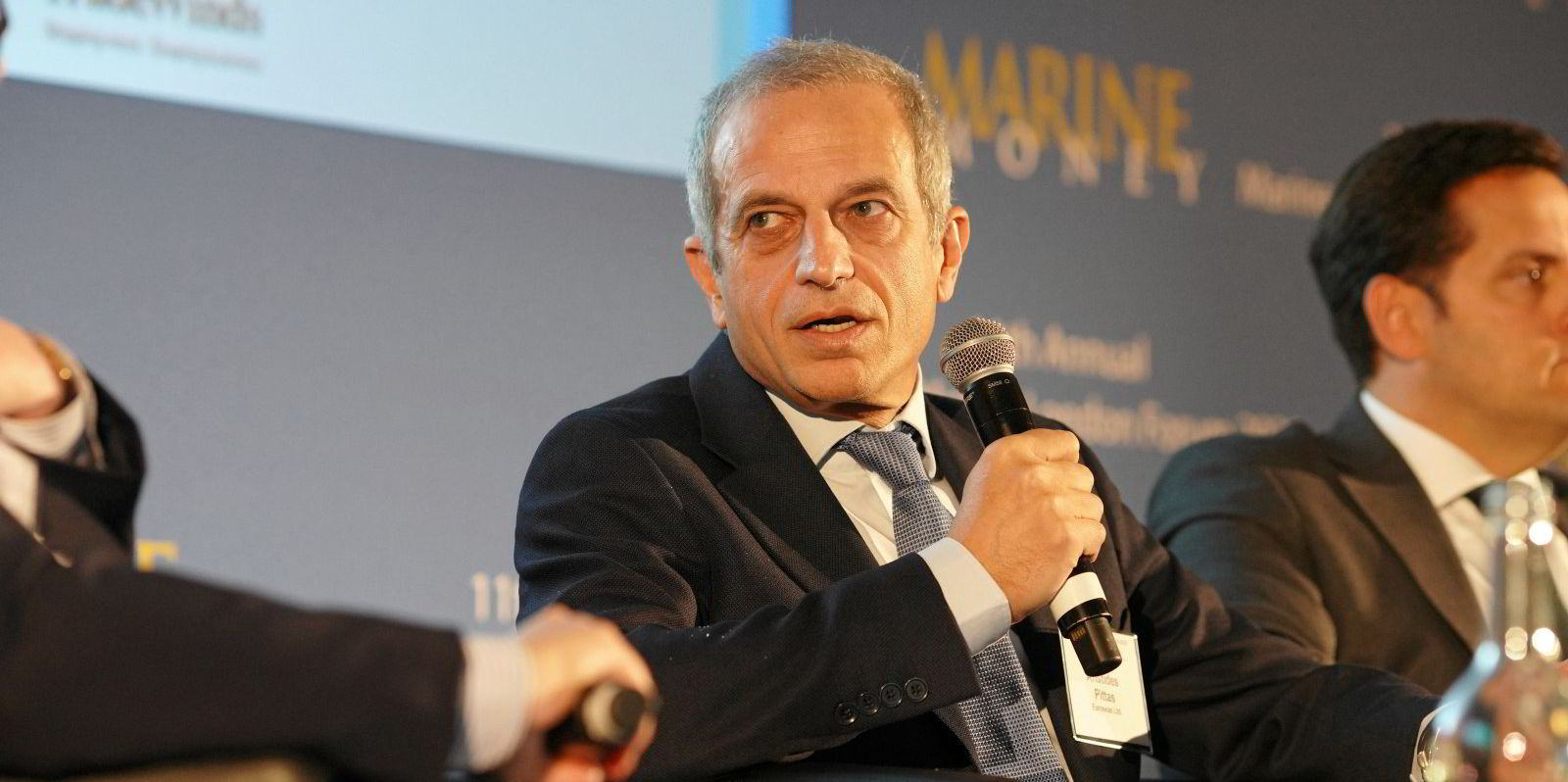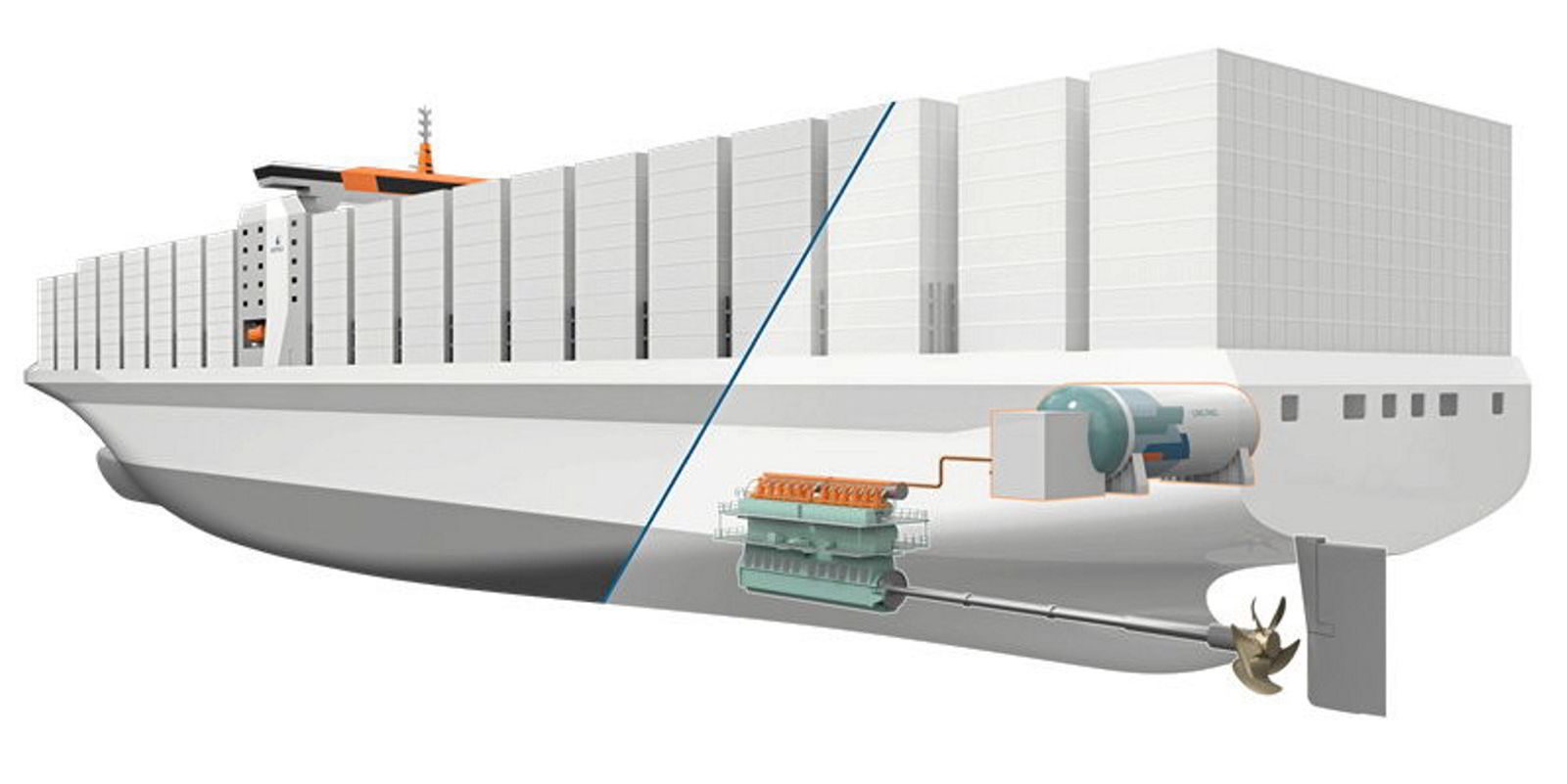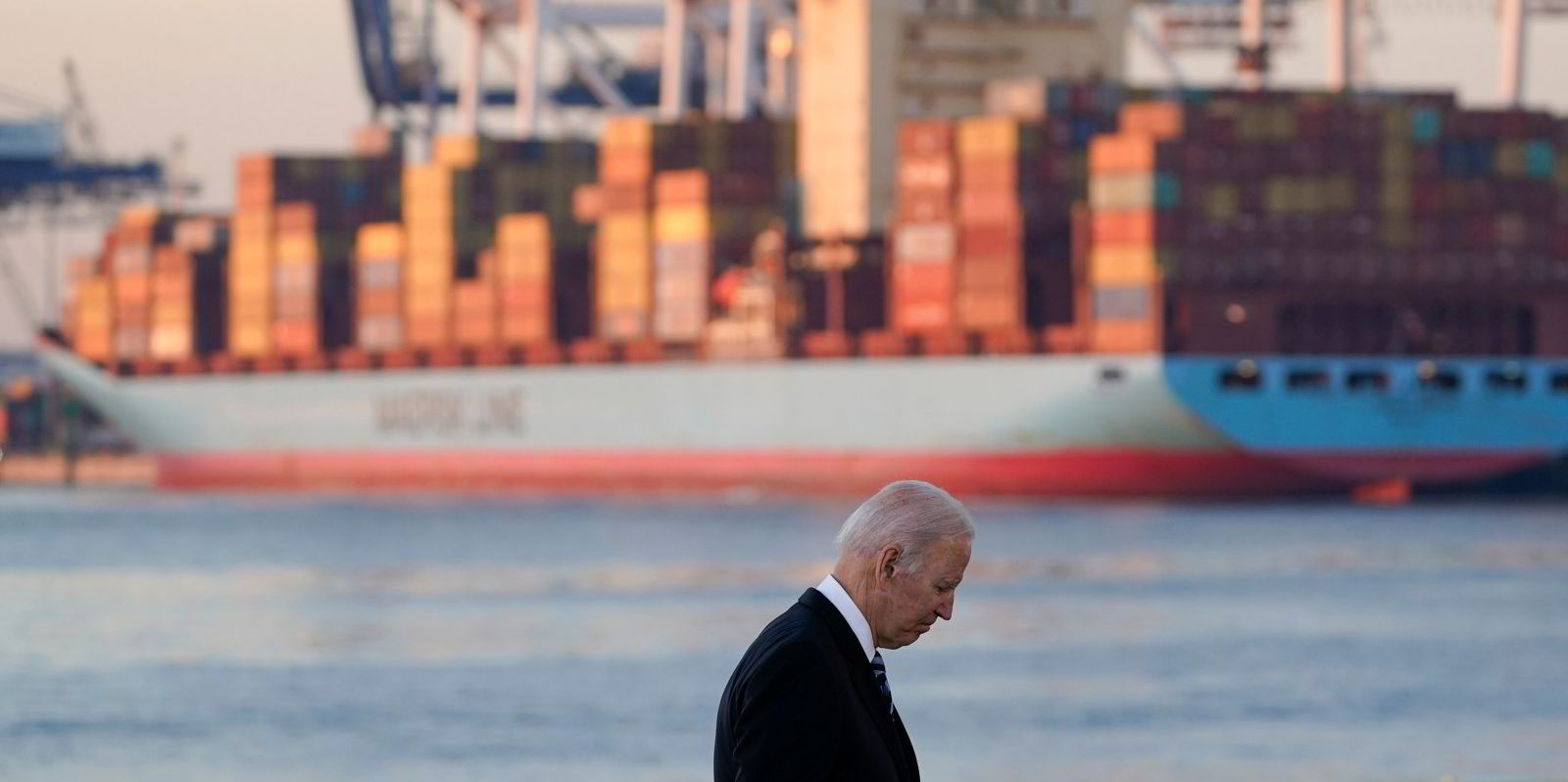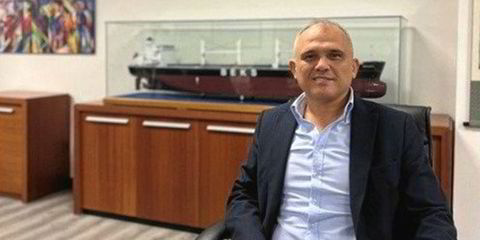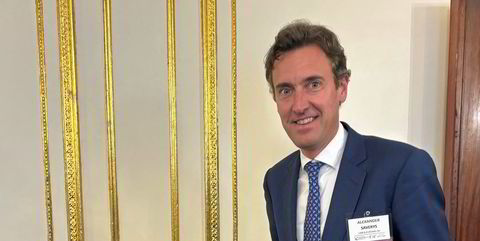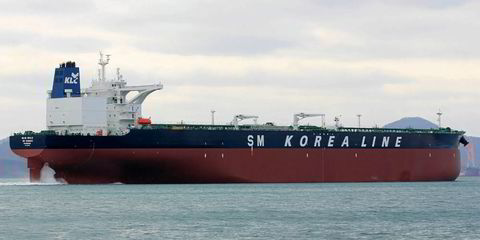Containership markets will remain tight for the foreseeable future, the management of US-listed owner Euroseas said on Tuesday after yet another quarter of booming results.
Chief executive officer Aristides Pittas, who is currently raking in a likely record $202,000 per day from a short-term charter of one of his company’s 16 vessels, said that recent reluctance by charterers to go above last-done is likely temporary.
"We have seen some hesitancy to continue fixing at higher rates than previously done," he told analysts in a conference call discussing Euroseas’ third-quarter results.
"There is some small resistance."
Pittas added, however, that he thinks "the market is still tight enough“.
In an earnings release earlier on Tuesday, the company acknowledged that some market indices have fallen from previous record levels in the latter part of October and early November.
According to Pittas, this is most likely due to the market "taking a breather" as Christmas holidays approach. Furthermore, falling indices are simply reflecting a lack of chartering transactions as most containerships are already committed, he added.
Euroseas reported $8.5m of net income for the third quarter, from a narrow profit of $33,324 in the same period last year, as net revenue nearly doubled to $23m.
Taking the first nine months of 2021 as a whole, Euroseas’ net income jumped to $19.6m, from $2.9m in the same period of 2020.
The company expects its fleet of 10 feederships and six intermediate containerships to generate an "extremely significant" build-up of cash over the next two years, on the back of continuing high freight rates, Pittas said on the call.
The Greek executive, whose family is also Euroseas’ biggest shareholder, said the company intends to use that cash "in the best way possible" for shareholders — possibly reinstating a dividend or buying back shares "when such action makes sense".
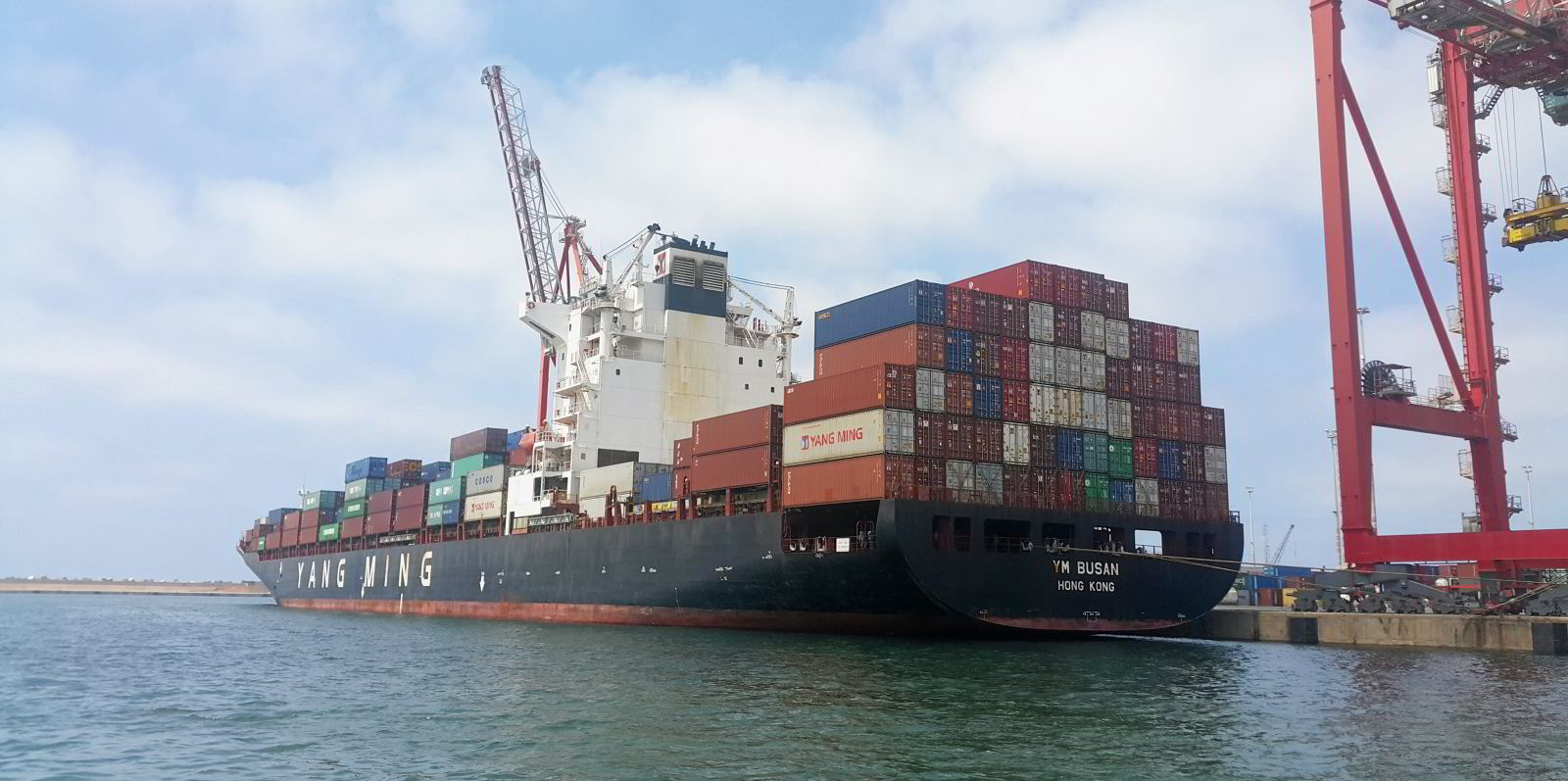
The Greek shipowner is in no mind to cash out from the booming market.
The Nasdaq-listed outfit intends to "remain a key long-term participant" in containerships and remains "committed to grow" further. In July, Euroseas placed an order for the first two newbuildings in its 16-year-long history and later acquired another two vessels on the secondhand market.
The company has not arranged any employment yet for the 2,800-teu ships it has under construction at Hyundai Mipo Dockyard in South Korea, which will deliver the vessels in the first half of 2023.
Euroseas will start looking to arrange employment for the newbuildings in about six months, Pittas told analysts.
In the meantime, the company expects disrupted supply chains to continue keeping freight rates at elevated levels.
On the flip side of the coin, the very logistical issues that have been driving the recent containership bonanza are also increasing dry-docking costs — as fewer people work in shipyards and it’s getting costlier and timelier to get spare parts in place.
But any cost increases from that are "obviously peanuts compared to what we’re earning on the ships", Pittas said.
